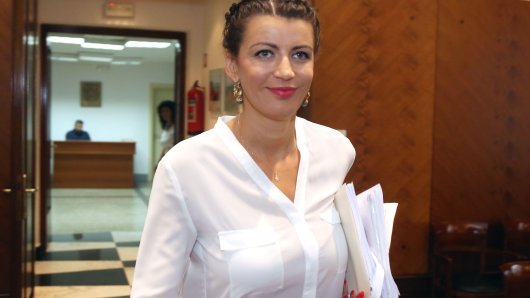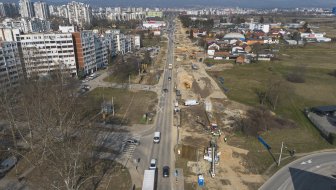The president of the National Competitiveness Council (NVK), Ivica Mudrinic, has said that Croatia lacks the competence, vision and leadership for a better economic future, as reforms call for the enforcement of unpopular measures and decisions, for which there is not enough courage, the NVK said on Friday.
"We are trying to be optimistic, but the practice so far and the work results of those who should initiate and carry out changes in Croatia are discouraging," Mudrinic said at an NVK meeting on the stimulation of economic growth.
According to the World Bank, post-recession economic recovery is visible in European countries and the average growth rate in 2011 will be 2-4 per cent, said the Bank's senior economist in Croatia, Sanja Madzarevic-Sujster.
Statistics indicate that Croatia, too, is no longer at the bottom, but the positive trends are changeable and still fragile. Figures show that export is increasing, but one-quarter of exports is tied to shipyards.
Part of the export growth is also due to the rise in goods' prices on the global market. Croatia's development depends on exports to the EU and the EU's growth on exports to Asia, Madzarevic-Sujster said, adding that given recent developments, it was not certain that the positive trends were sustainable in the long term.
The unemployment rate is a big hurdle to growth in Croatia, as it tends to grow, whereas in nearly all countries in the region, while relatively high, it has been stabilised.
The World Bank claims that macroeconomic stability must be maintained, primarily through a stabilising fiscal policy. Other prerequisites for growth include reducing unemployment via a labour market and education reform, increasing productivity and efficiency, reducing the administrative burden, attracting foreign investment, reducing export barriers, and encouraging and commercialising inventions.
In the next couple of years, before joining the European Union, Croatia should increase its competitiveness in order to join the EU market as prepared as possible, said the World Bank's director for Central Europe and Baltic countries, Peter Harrold.
Productivity can also be encouraged by stepping up the privatisation of non-strategic companies, stepping up bankruptcies and passing a distraint law that will help to expedite the collection of debts. Unemployment should be fought by reducing employment costs, adapting education to labour market requirements, and by encouraging life-long learning.
The NVK supports all the measures suggested by the World Bank and the bulk has been incorporated into 55 recommendations for raising Croatia's competitiveness, Mudrinic said, adding that some measures would be included in a charter on Croatia's development by 2025 which the NVK was finishing in cooperation with all social partners.


































